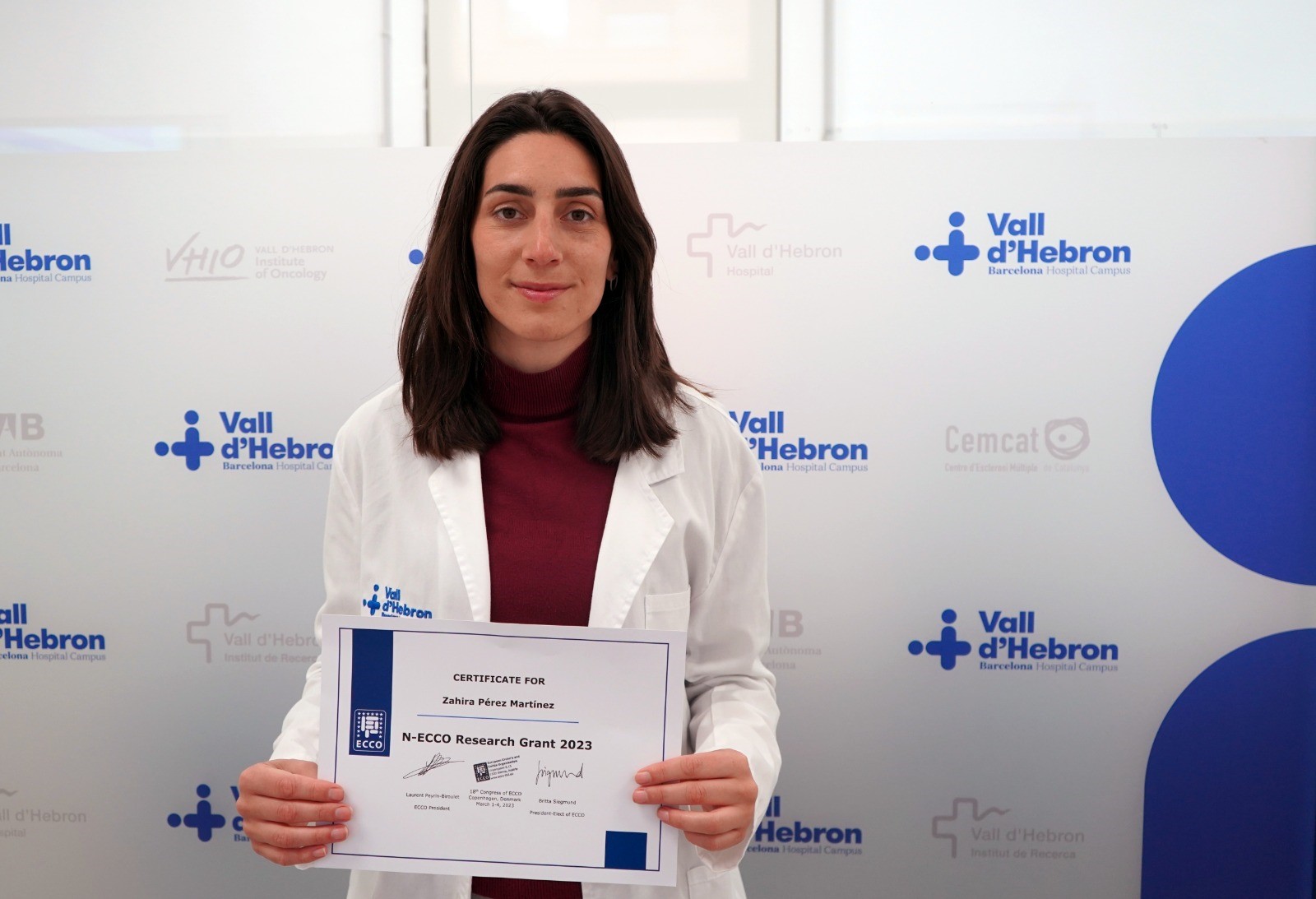Assessment of desire and sexual function in Inflammatory Bowel Disease patients: a cross-sectional study with matched controls

Zahira Pérez
© Zahira Pérez
|
Background & aim of research
Sexual dysfunction (SD) rates are higher in the Inflammatory Bowel Disease (IBD) patient population compared with the general population. Overall among IBD patients, low sexual desire and greater difficulty in achieving orgasms are the most frequently reported sexual problems. In addition, women report worse body image and lower sexual desire. Being diagnosed with major depression, undergoing surgery or suffering IBD symptoms are the usual triggers.
Despite the importance of sexual well-being, there is a lack of research focusing on sexual desire in IBD patients. This study aims to assess the prevalence of sexual dysfunction and to analyse sexual desire from a dual viewpoint: a dyadic and a solitary perspective. The intention is to describe sexual function and its possible correlations with the presence of anxiety and depression, disease activity and quality of life.
Recognizing the prevalence of sexual dysfunction in IBD patients can improve clinical practice and optimize resource planning for sexual healthcare. Early diagnosis and primary prevention can help address sexuality-related concerns in this population.